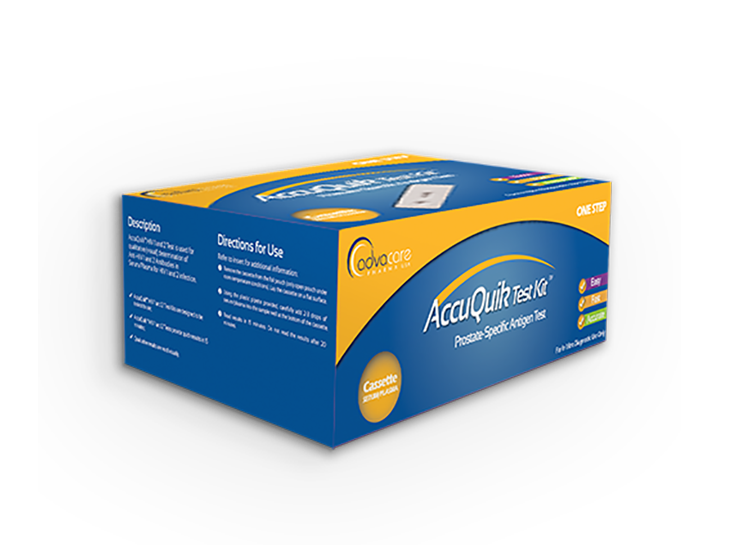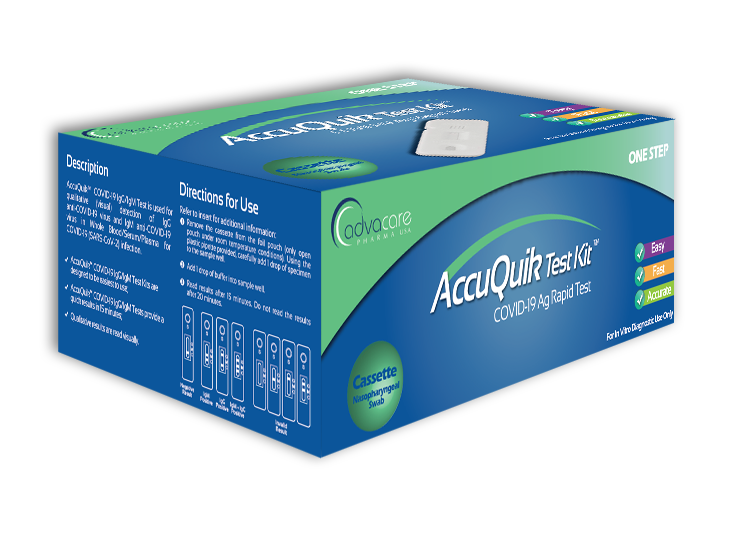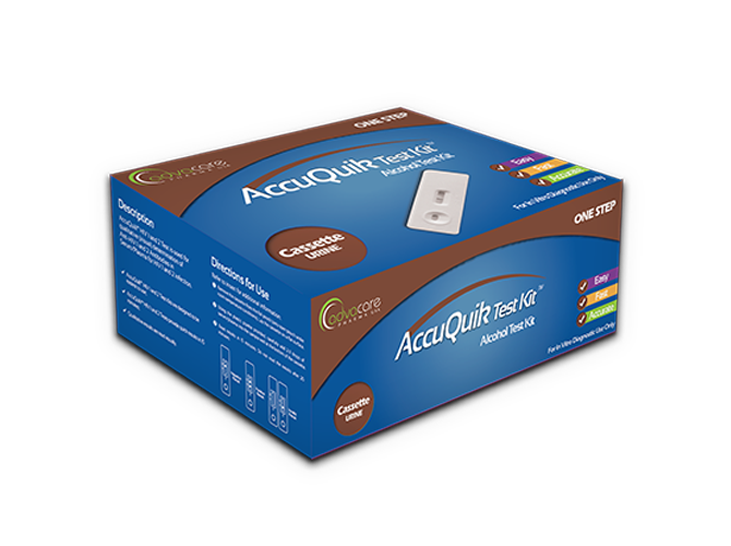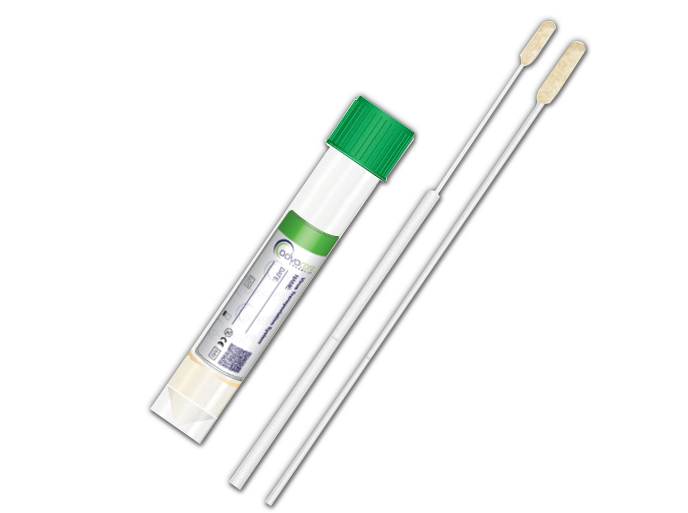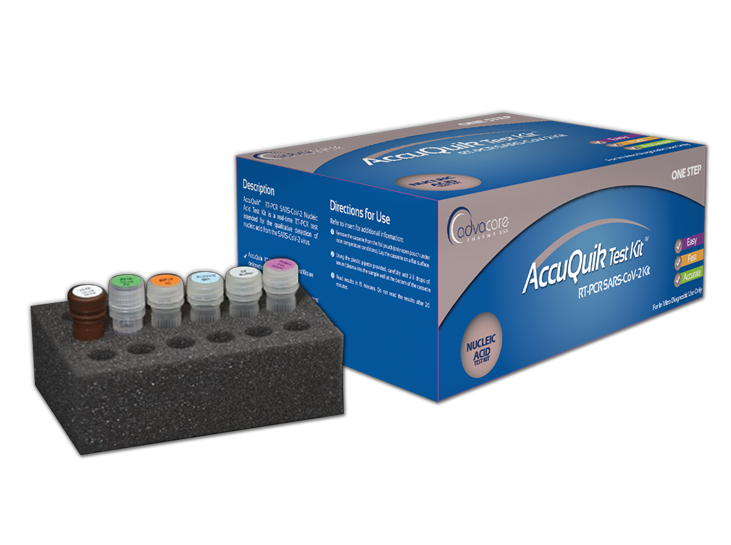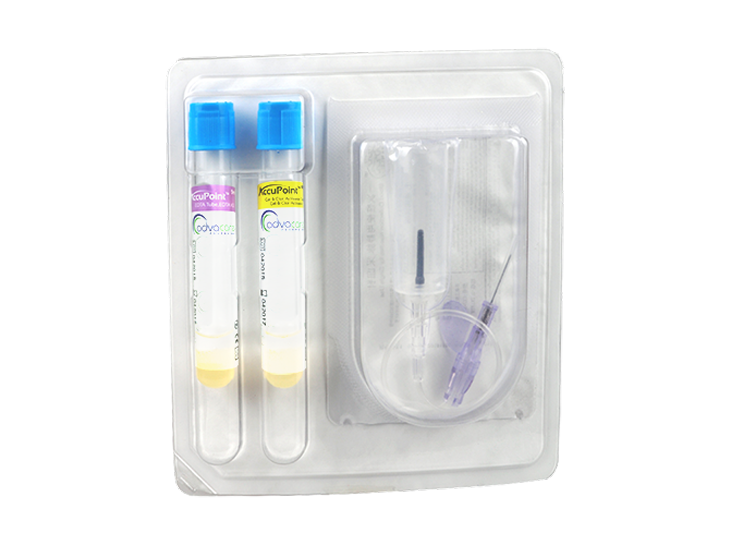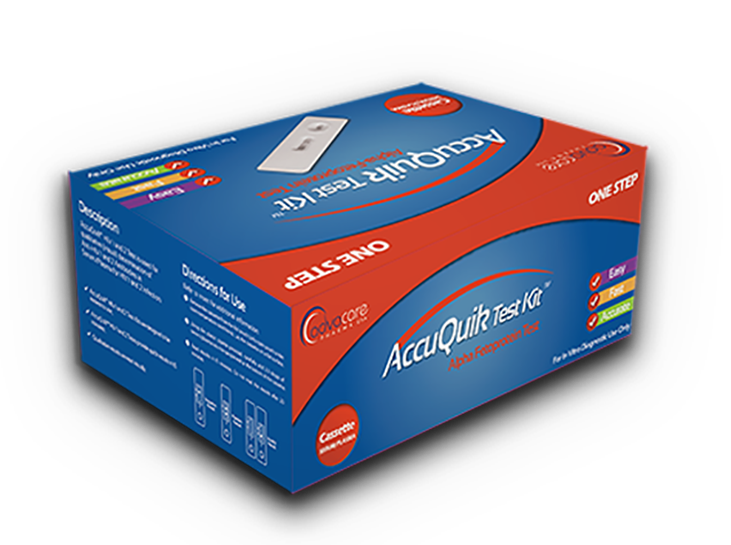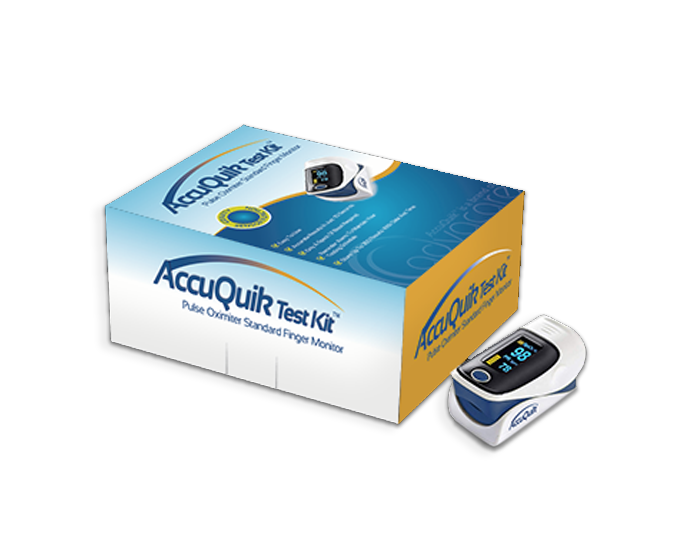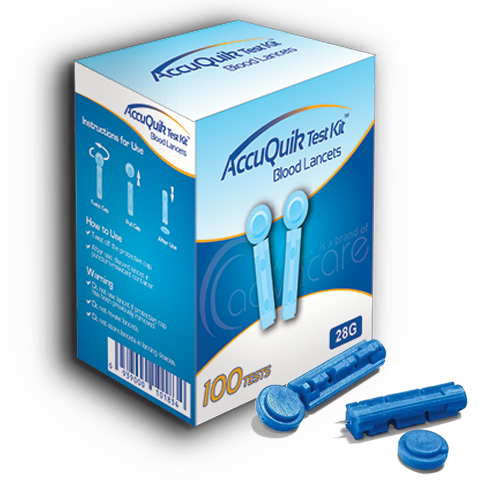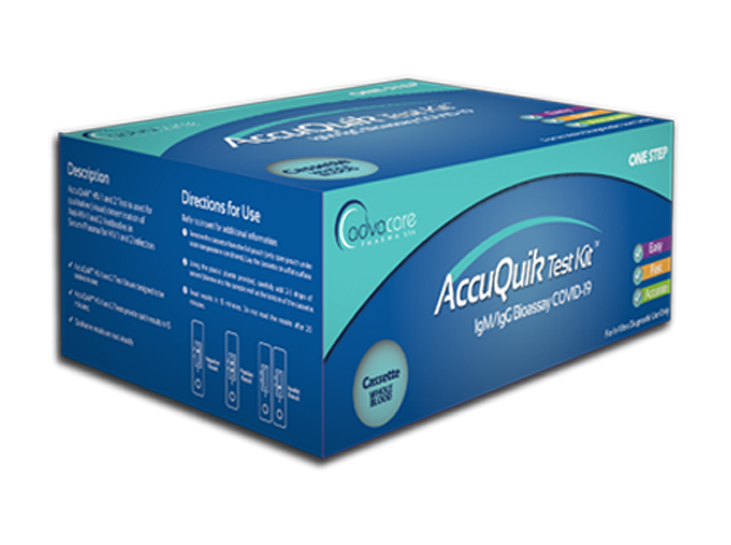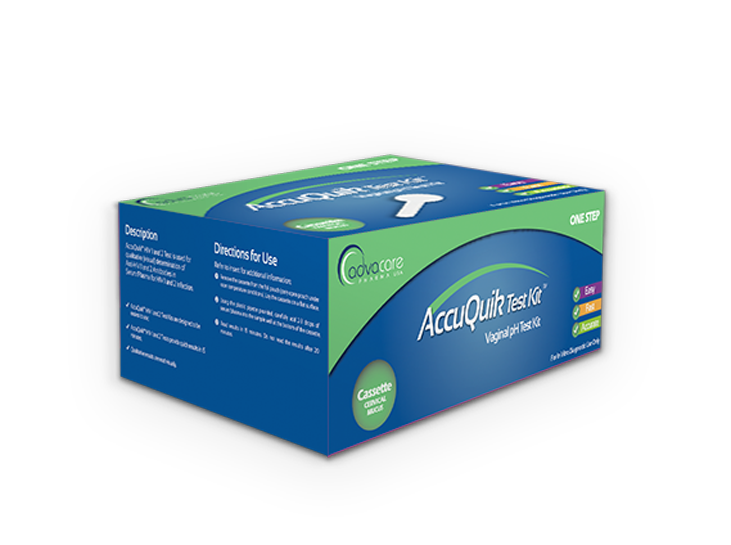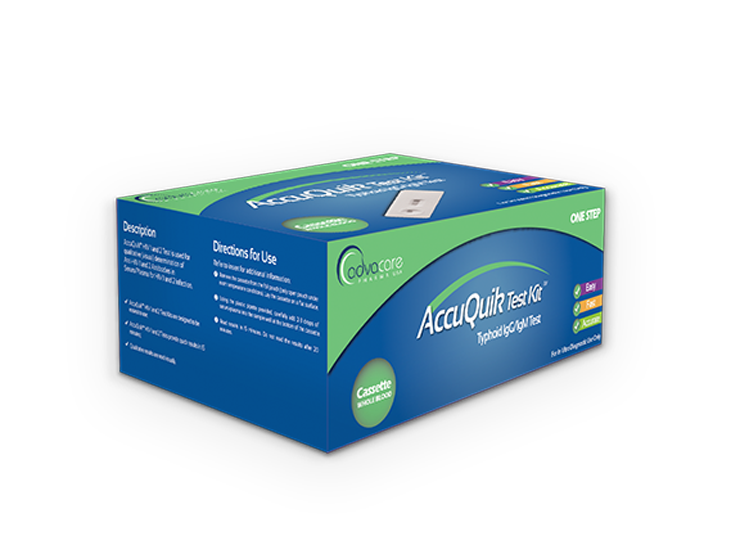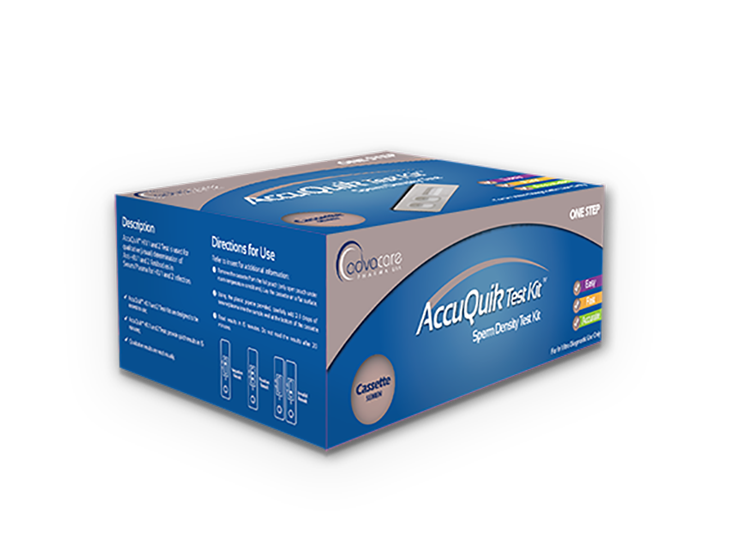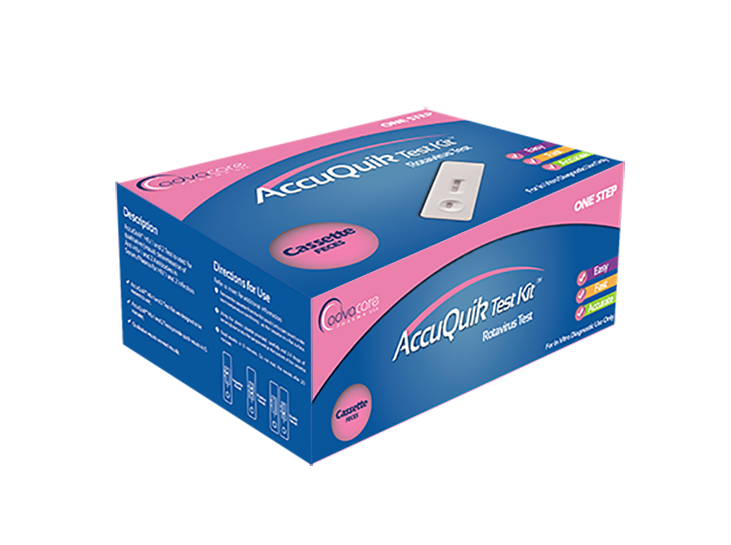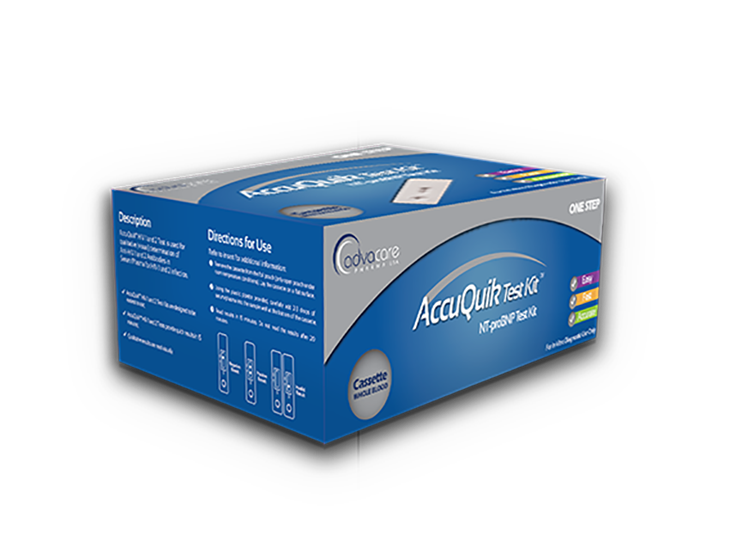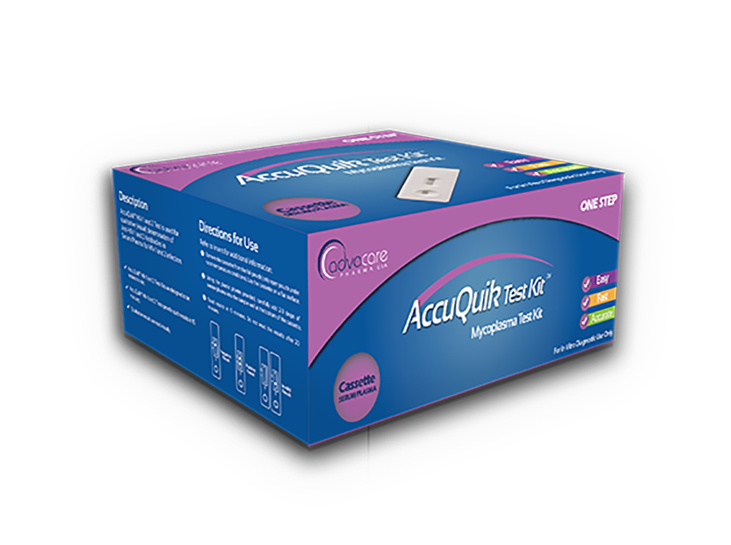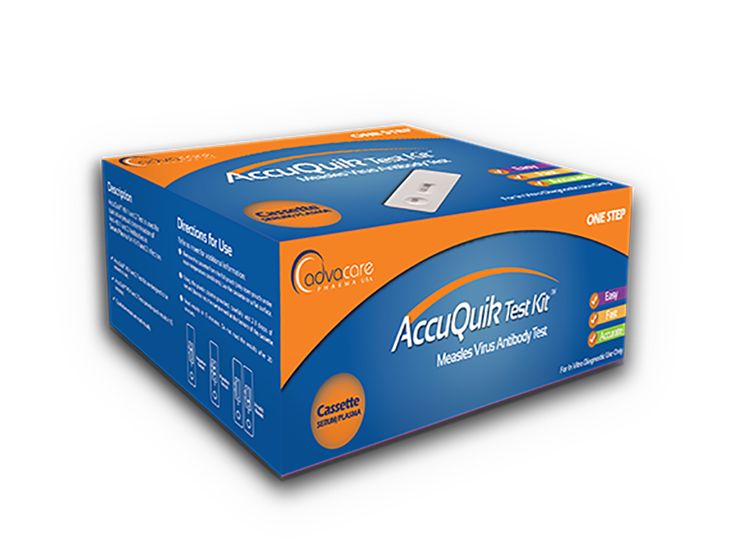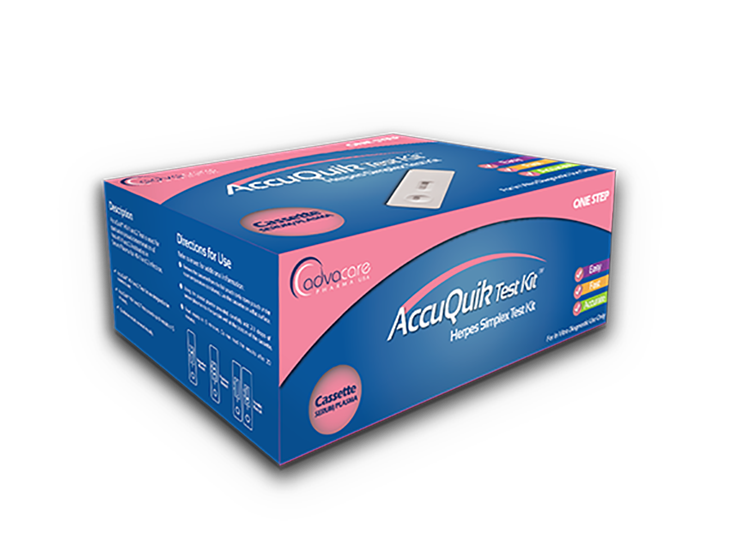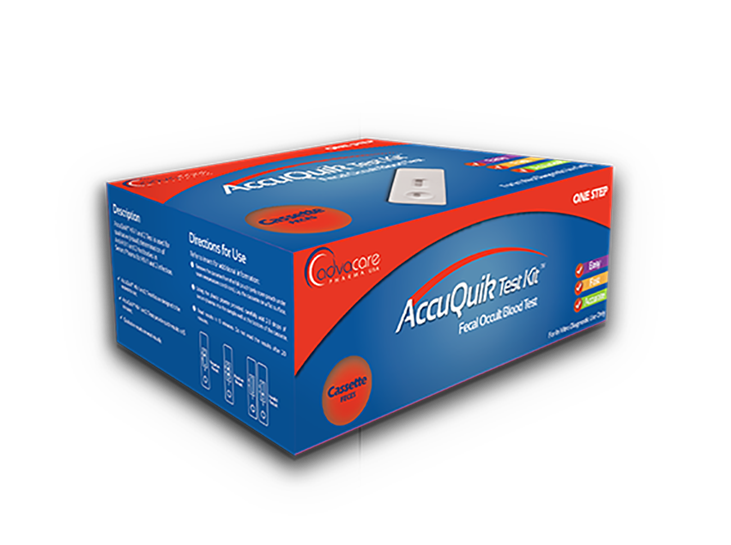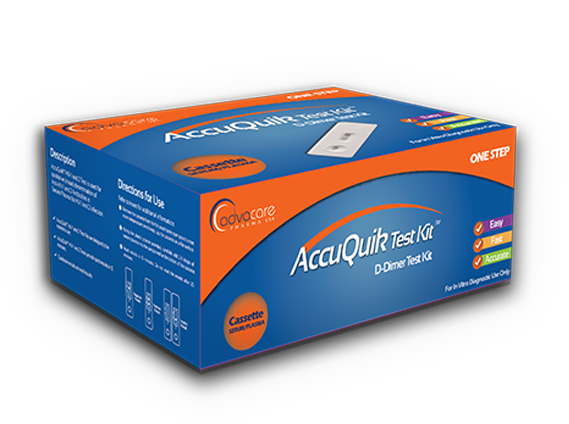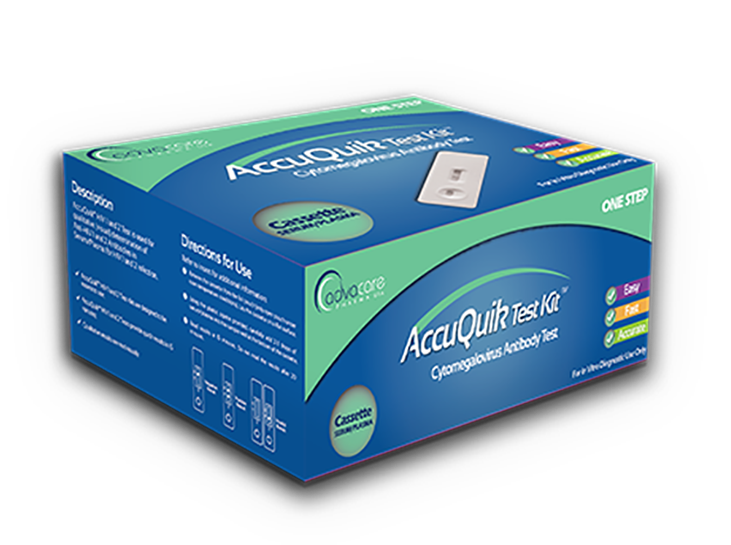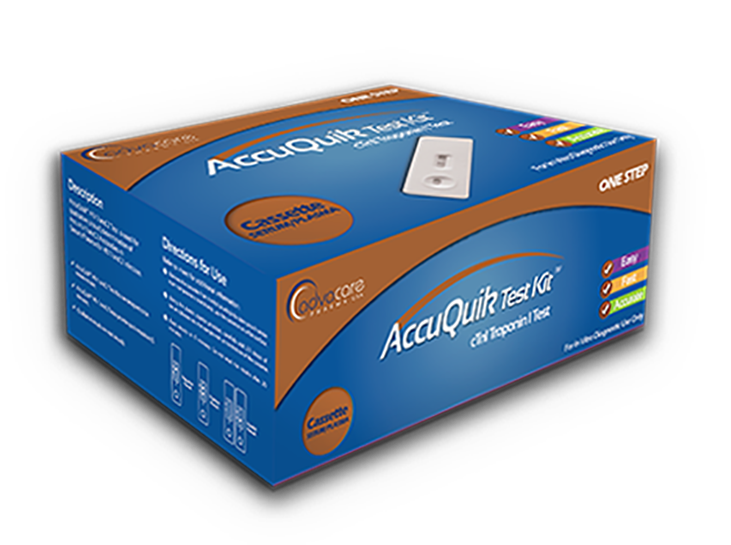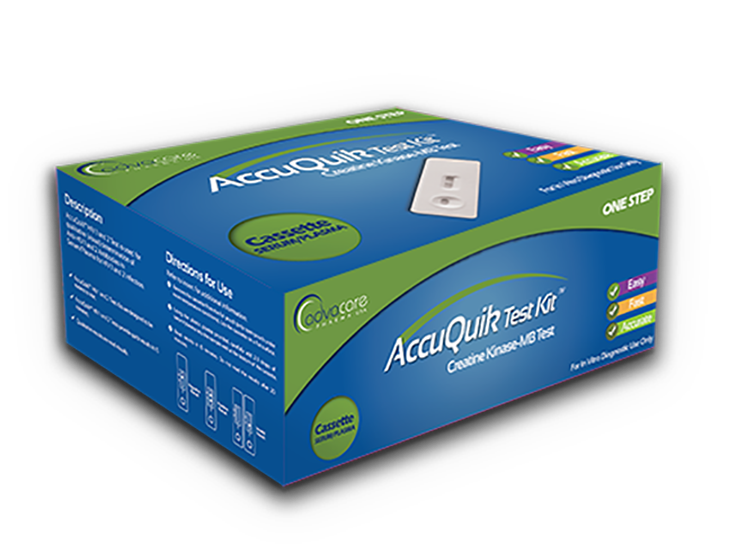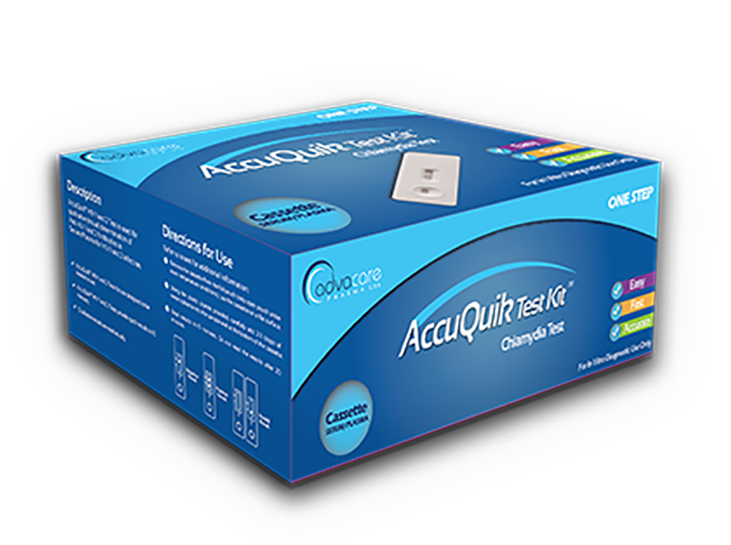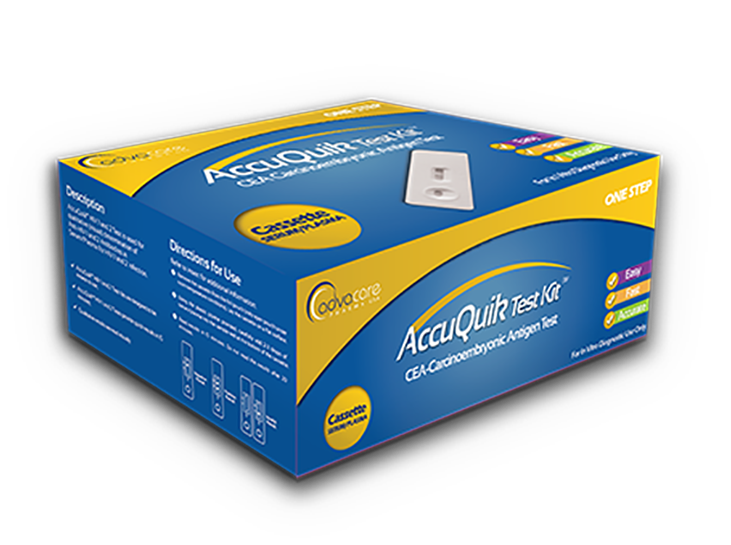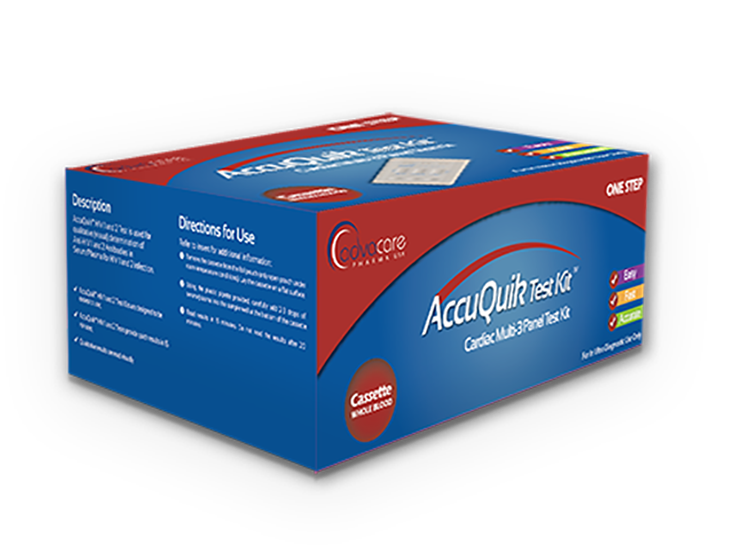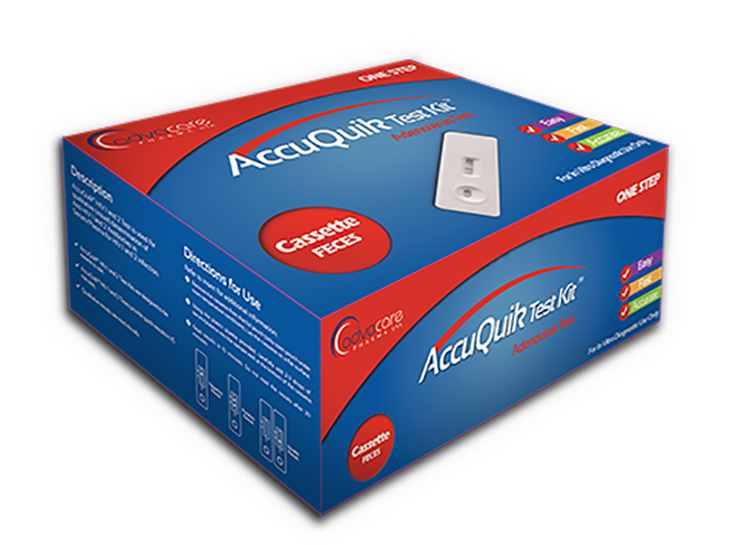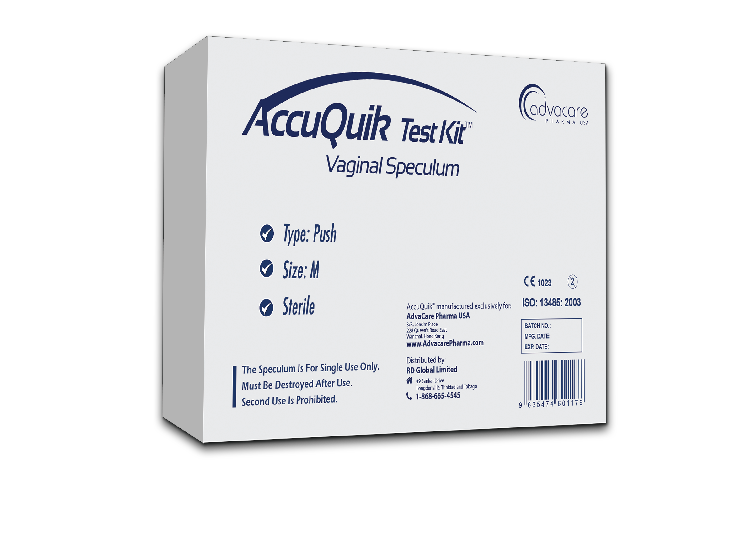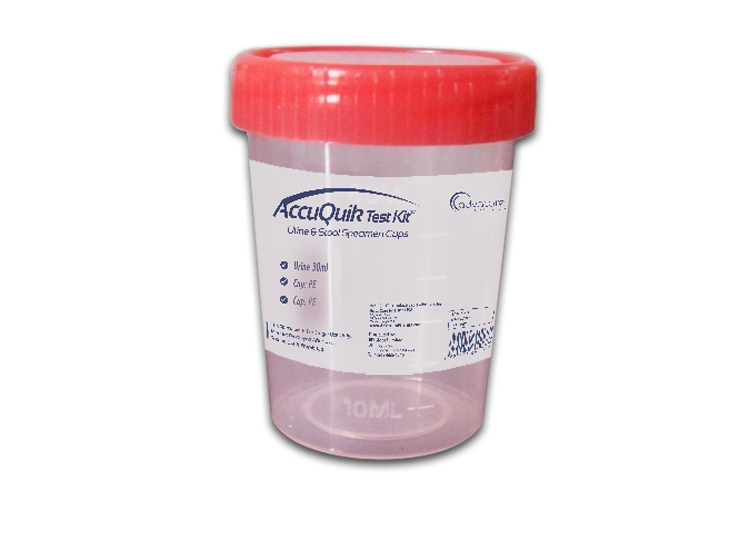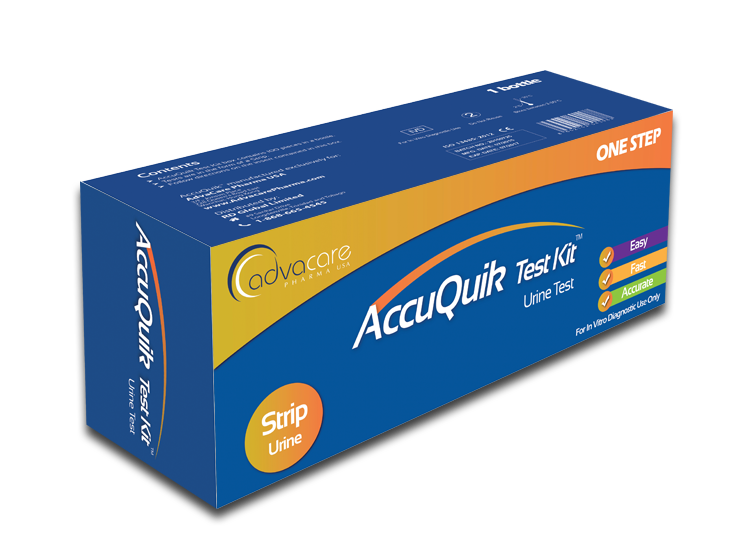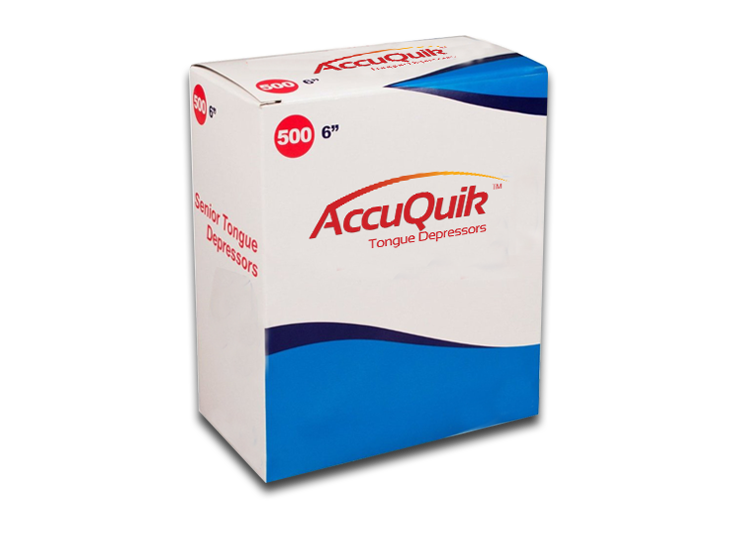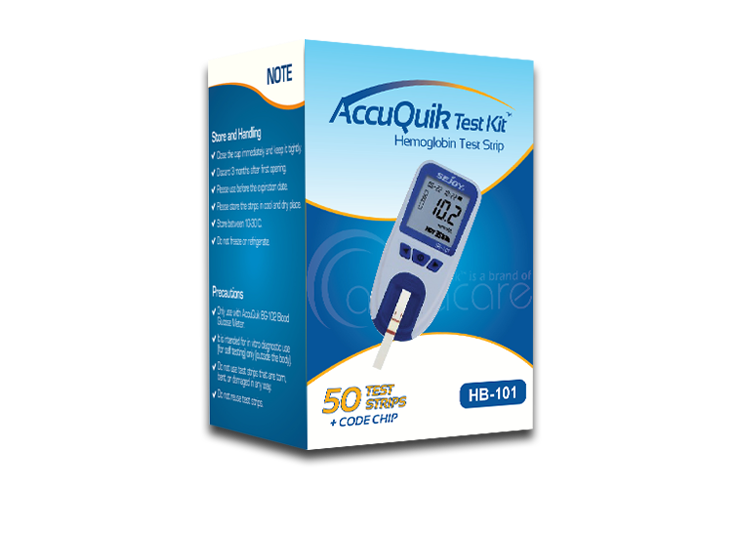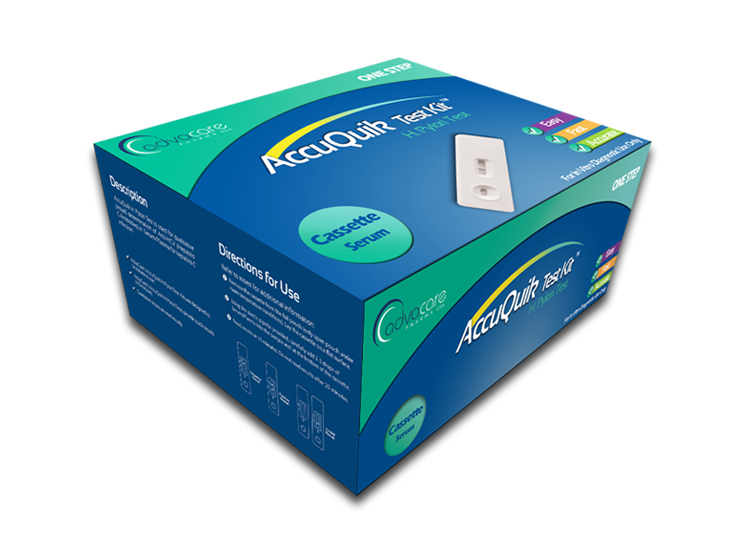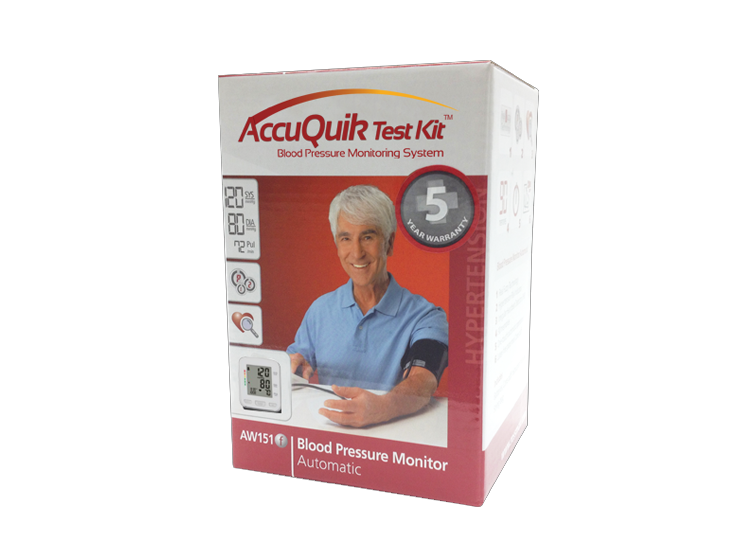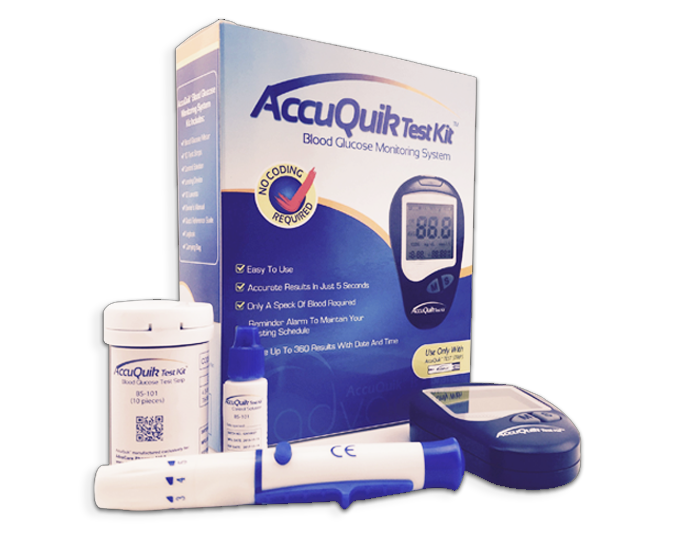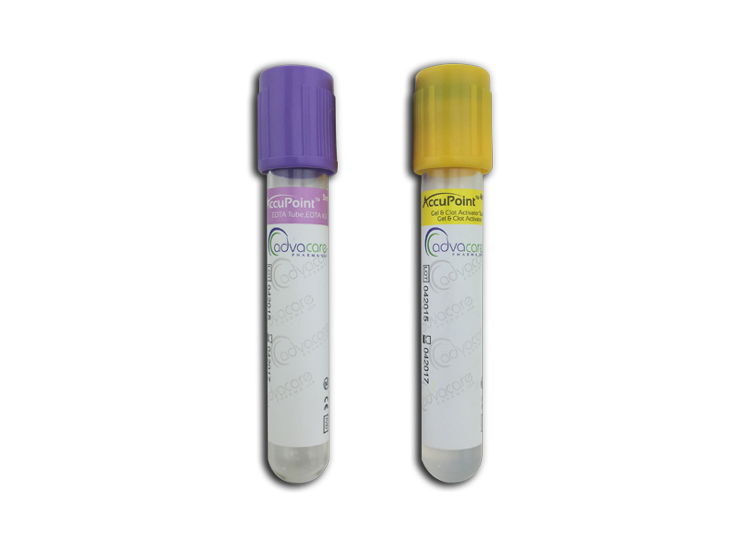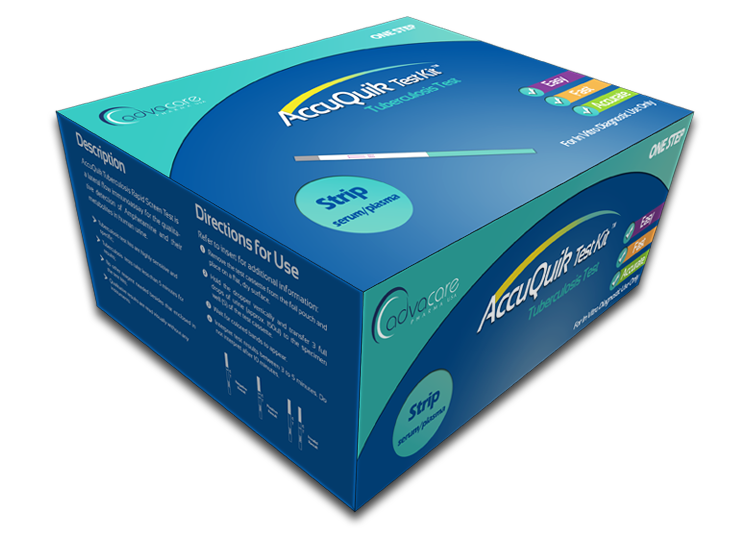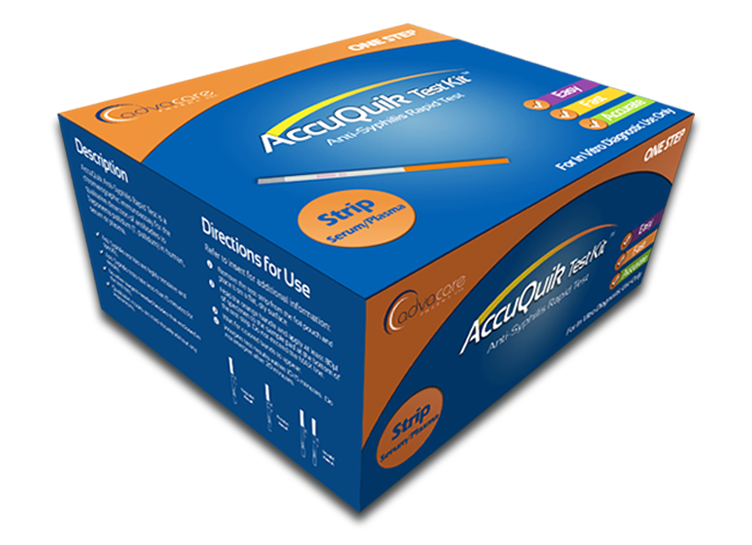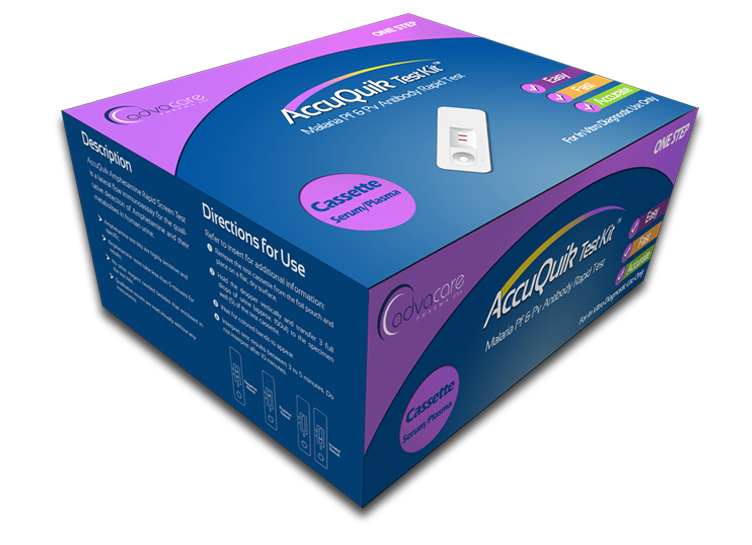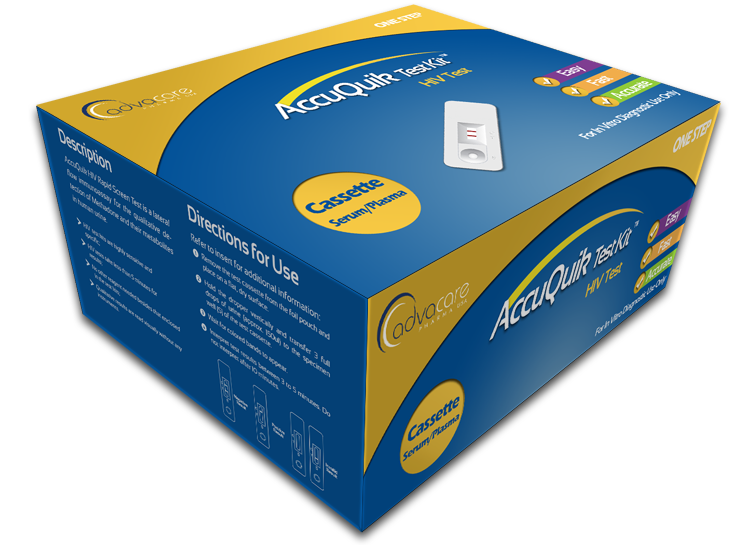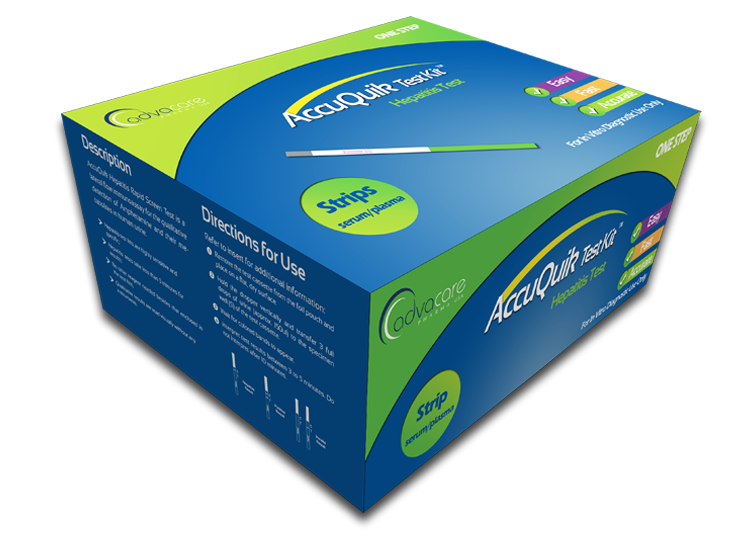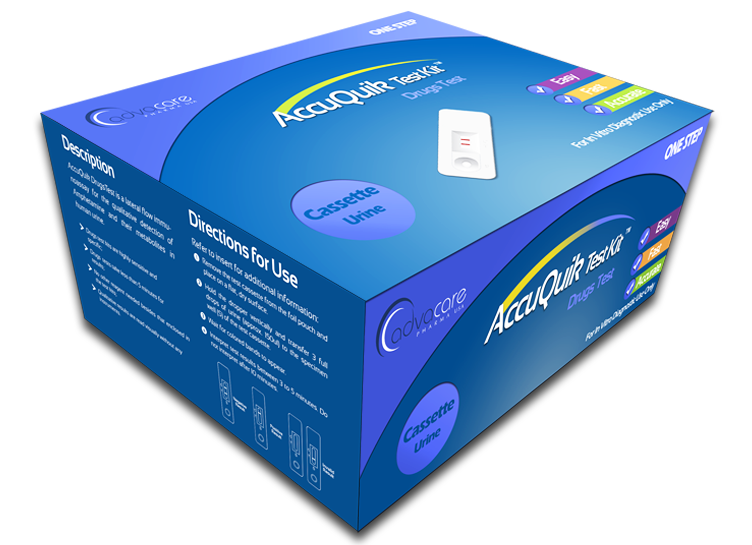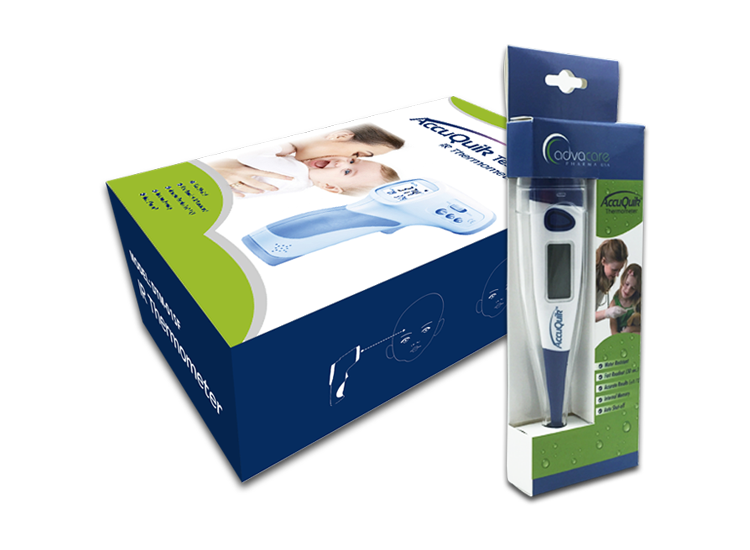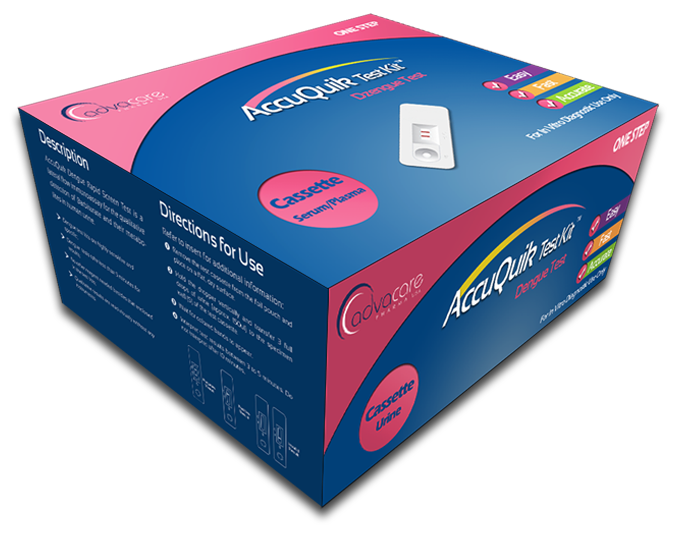More Information about the Prostate-specific Antigen Test Kit
AccuQuik™ promotes the use of Prostate-specific Antigen Test Kit.
Prostate-specific Antigen
Available as strip or cassette

Prostate-specific Antigen Test Kit diagnostic test detects the level of prostate specific antigen used to diagnose prostate problems from specimen of serum/plasma. The prostate-specific antigen (PSA) test kit uses colloidal gold conjugate and anti-PSA antibodies to detect total PSA amount in blood, serum or plasma. The test is useful for the diagnosis of early prostate cancer. When specimen is added, the mixture migrates upward on the membrane chromatographically by capillary action to reach with anti-PSA antibodies on the membrane. The level of prostate-specific antigen in the serum ranges between 0.1-2.6ng/ml which is considered healthy, while the level between 3-10ng/ml is considered an uncertain zone and the level over 10ng/ml is considered a sign of cancer or a problem with the prostate. Our test kit has a cut-off value of 3ng/ml and the reference value of 10ng/ml. AccuQuik™ promotes the use of Prostate-specific Antigen Test Kit.
The Disease
General Information
Prostate cancer is a type of cancer that occurs in the prostate, a gland present in men that produces the seminal fluid for nourishing and transporting of sperm. It is one of the most common types of cancer in men. There are a few different types of prostate cancer, some of which may grow slowly and require minimal or no treatment, while others could spread at a quick pace and becomes aggressive. Early detection of prostate cancer is important to ensure a higher chance of successful treatment. However, most cases of prostate cancer show no sign of symptoms at the early stages. Symptoms might occur in a more advanced stage of cancer, such as; trouble urinating, a trace amount of blood in the urine or semen, erectile dysfunction, frequent need to urinate at night, bone pain, and discomfort in the pelvic area.
Treatments
There are different types of treatment available depending on the stage of cancer, age of the patient, or other conditions. The standard types of treatment used are Surveillance of cancer, surgery, radiation and radiopharmaceutical therapy, hormone therapy, chemotherapy, biologic therapy, or bisphosphonate therapy. In cases in which bone pain occurs as a symptom due to the growth of cancer, specific bone pain treatments could be administered. Individuals could also reduce their risk of prostate cancer for prevention by maintaining long-term habits such as: eating a healthy diet of fruits and vegetables, choosing healthy foods over supplements, exercising regularly, and maintaining a healthy weight. As early detection is important in successful treatment, screening is recommended for men between the ages of 55 and 69 for those with average risk.

